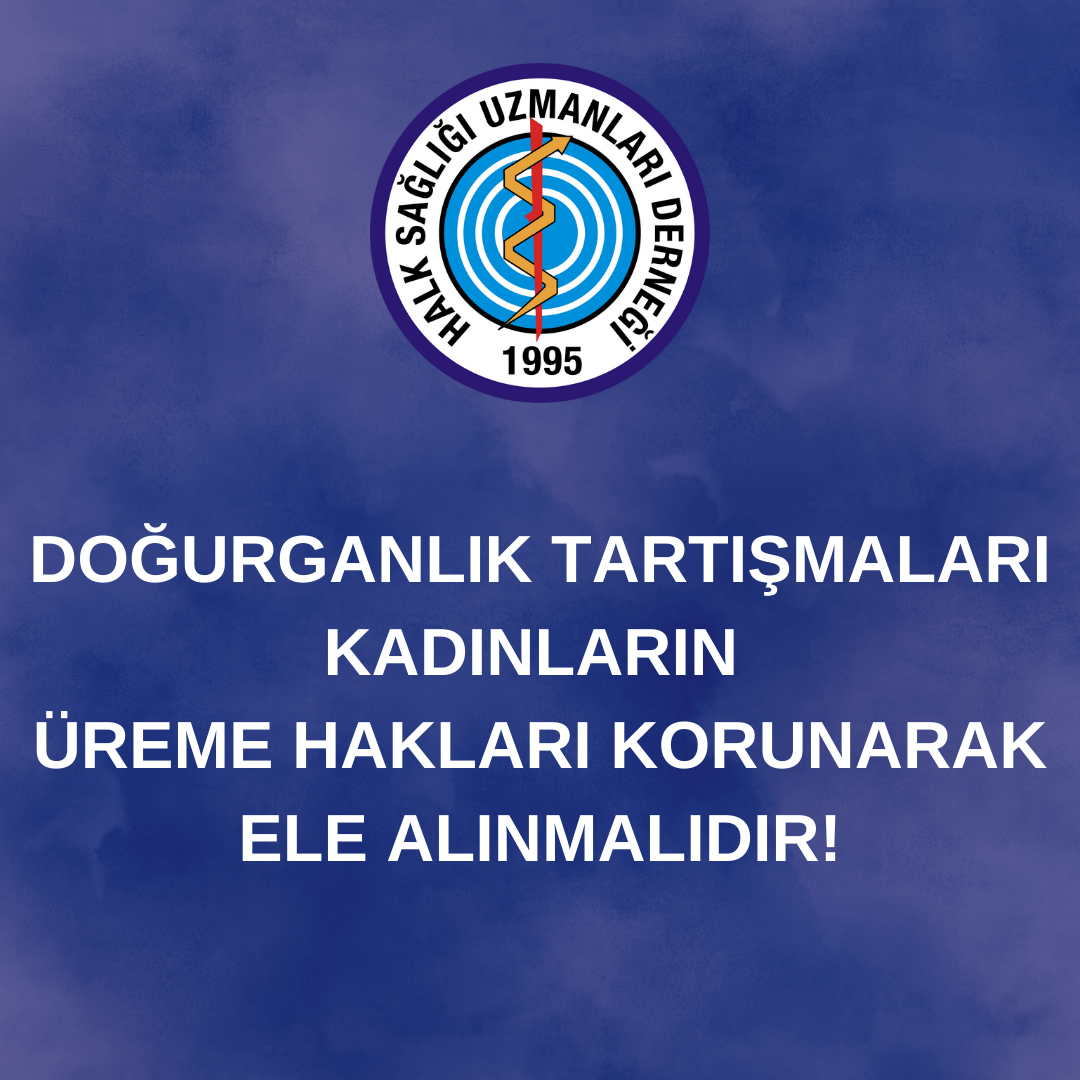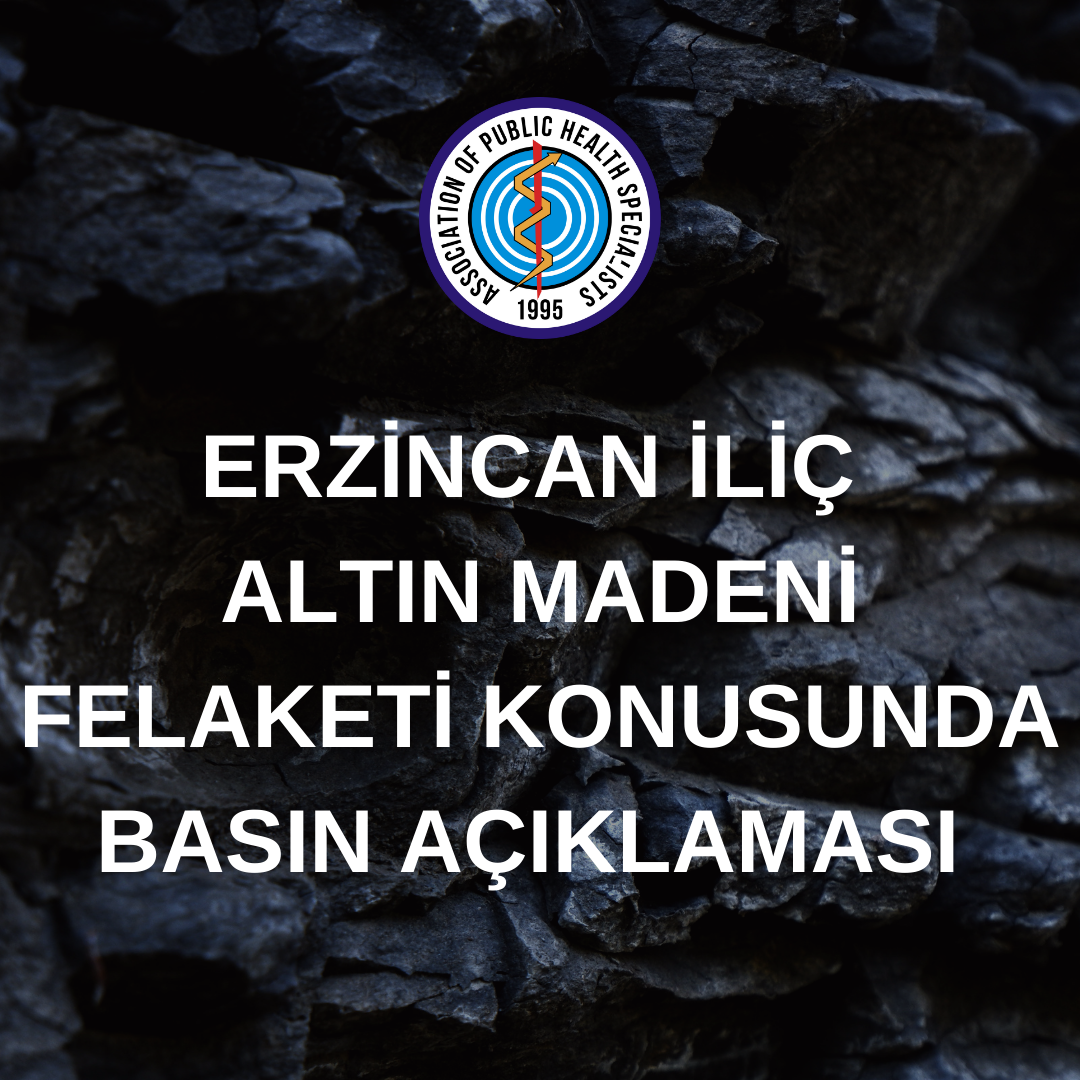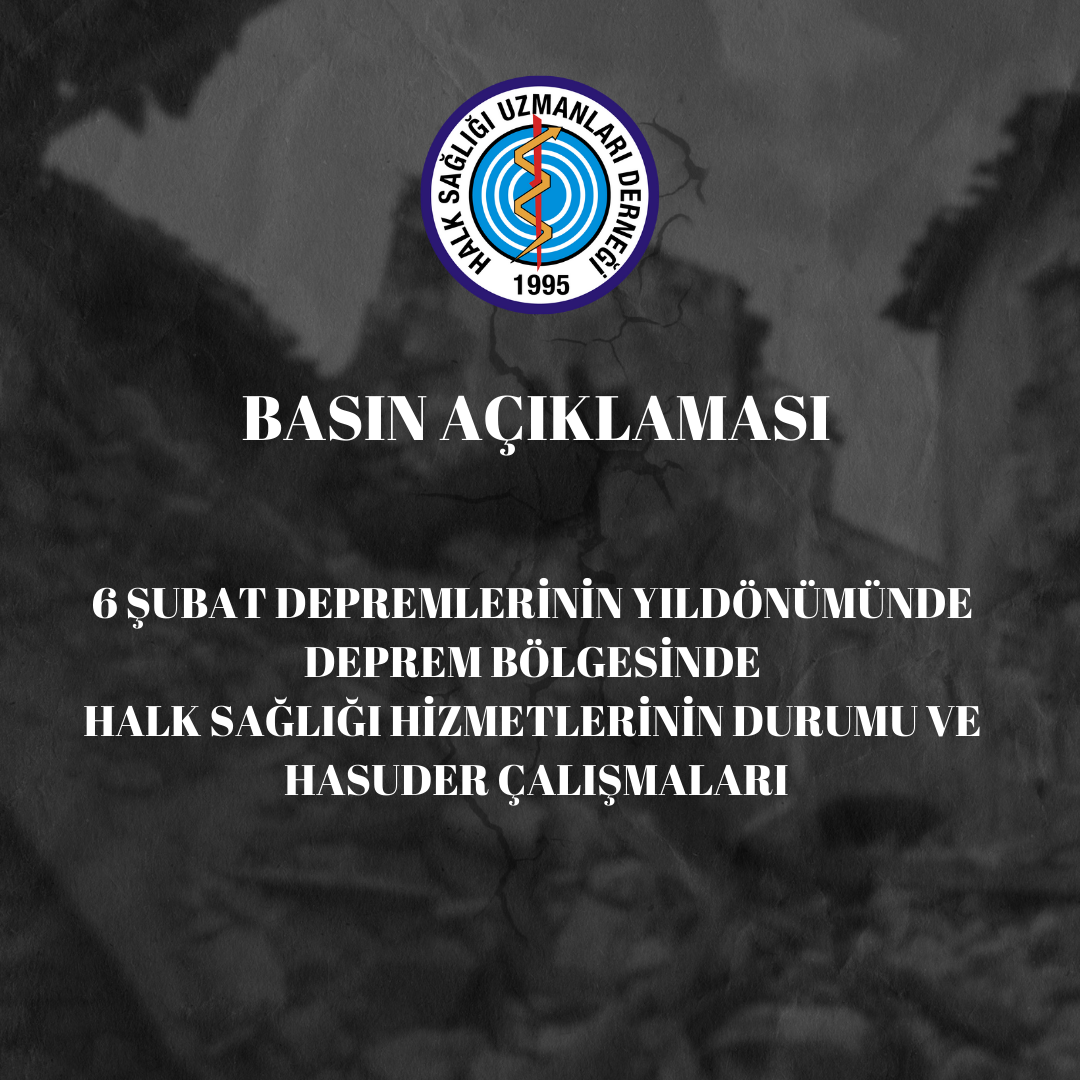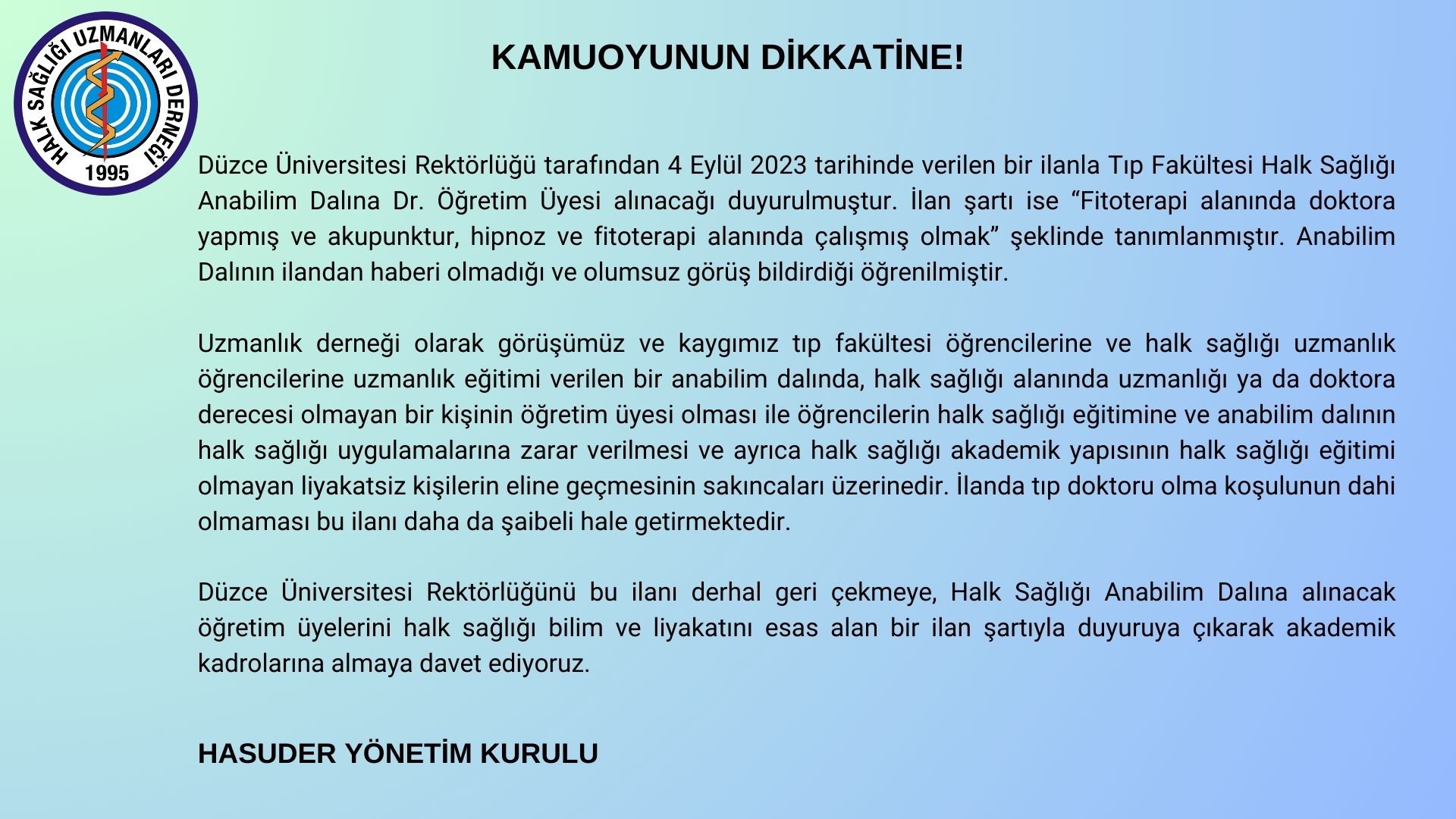Basın Bildirileri
- Basın Bildirileri
- 06 Şubat 2024
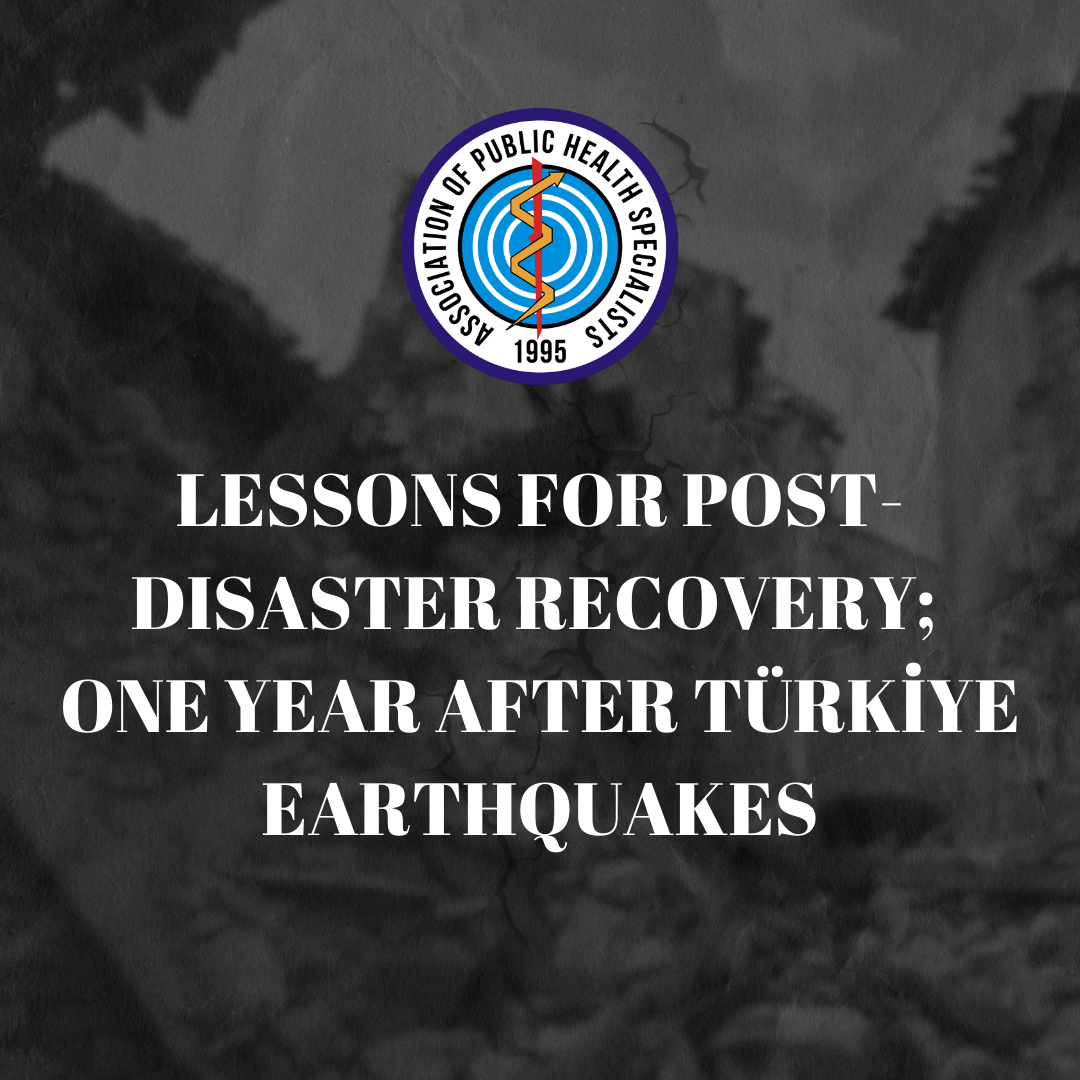
According to official data, approximately fifty thousand people lost their lives and more than a hundred thousand people were injured as a result of two earthquakes dated February 6, 2023, which caused heavy destruction in 11 cities in the south-east region of Türkiye. Millions of people became homeless and had to migrate to other cities. More than 10 million people experienced direct negative emotional, social and economic impacts due to the earthquakes. Vulnerable groups are most severely affected by the earthquakes, and pre-existing health inequalities continue to increase as a result of the earthquakes.
After this disaster, the entire health system was severely affected and a long time was required to provide even primary health care services. In the process of re-establishing and providing health services, reproductive health services were unfortunately ranked last, and those in need of sexual and reproductive health services were almost unable to access these services. Association of Public Health Specialists (HASUDER) continued its activities in the following three interrelated areas of activity in the earthquake region.
The first was to establish a network among public health workers in the region, to support them personally and professionally, to provide solidarity and to strengthen the exchange of information, starting from the first days of the earthquake.
Secondly, to make evaluations about the health services in the earthquake region and the health needs of the community through periodic visits, to publish regular reports and to inform the community through various media channels, ensuring that government organizations focus on priority problems.
The third field of activity is to establish health units that provide services in the priority and neglected reproductive and sexual health areas mentioned above. Benefiting from the international financial supports provided by International Planned Parenthood Federation (IPPF), Direct Relief and United Nations Population Fund (UNFPA) organizations and with the logistics support of Hatay Metropolitan Municipality, two separate reproductive health and sexual health service units were established in Hatay province and these units still continue to provide services. The units, which initially started to operate as fixed units in temporary settlement camps, later they also began to offer mobile services and thus were able to provide services accessible to women in a wide area in Hatay province. Within the scope of services, contraceptive methods including emergency contraception, pregnancy testing, gynecological examination and treatment of gynecological and urinary infections, provision of medicines and personal hygiene materials, mobile training programs on sexual health, reproductive health, and counseling on reproductive health issues including violence against women. All of these services are offered free of charge.
As the first year of the earthquakes, we would like to share some key points based on our experiences and observations.
Post-earthquake aid activities naturally focus on saving the largest number of lives in the first stage, and while the medical emergencies, supply of clean water and sheltering become the main focuses, some other issues that are not considered as priorities come to the agenda in later stages. Reproductive health services are among those services at risk of such deprioritization. When the size and depth of the disaster is very large, as in the Hatay earthquake, this postponement causes major problems and poses the risk of increasing the preexisting vulnerabilities and inequalities in communities. Therefore, the greater the gender inequalities, the more priority post-disaster reproductive health services should be considered to prevent the increased risk of unwanted pregnancies and other reproductive health problems. Similarly, services for vulnerable groups such as immigrants and regions with low socio economic status should be addressed starting from the acute phase of disasters.
As of the date of the earthquake, 430 thousand of Hatay's population of 2 million 100 thousand were Syrian refugees (20%). These refugees were receiving care in clinics separate from the primary health care system that provides services to Turkish citizens. Moreover, the primary health care system in Türkiye already had structural problems due to privatization and the division of community-oriented and individual-oriented health services.
The preexisting disintegrated structure of primary health care services has became the weakest point in the earthquaqe response process and reestablishment of primary health care services after the earthquake has been so slow that, even after a year, the system is stil not fully functional. Additional to reproductive health services, national programs of communicable and non-communicable disease control are not still fully implemented. Primary health care personel and public health specialists in the region stil have serious posttraumatic problems such as stress, anxiety, fear, sadness, helplessness, disappointment and burnout as well as housing problems. Disadvantagous communities are most affected by a disaster in such a situation. The reproductive health service units established by HASUDER in Hatay, the mobile services offered by these units in a wide area, and the work carried out by other similar national and international organizations met an important need in this period. However, what needed to happen was that the governmental primary health care system should be provided to full capacity after the earthquaqe as soon as possible.
In such a disaster situation where national resources are insufficient, the support of international organizations is essential. Transferring financial supports through national organizations is a suitable strategy for the efficient use of resources and the sustainability of the work. In particular, releasing the financial recources within a very short period of time (e.g. days or weeks) after a disaster is critical to ensure that services reach the community in a timely manner, during the acute phase. According to our positive experience as HASUDER on this issue, the provision of emergency funds predefined by IPPF, Direct Relief and UNFPA in a very short period of time, by following very few procedures, has been of great benefit. In disaster areas such as Hatay, where the socioeconomic level of the society is low, and there are large groups of disadvantaged populations it should be anticipated that post-disaster recovery will last much longer than expected; thus, international support should be planned for a longer period.

